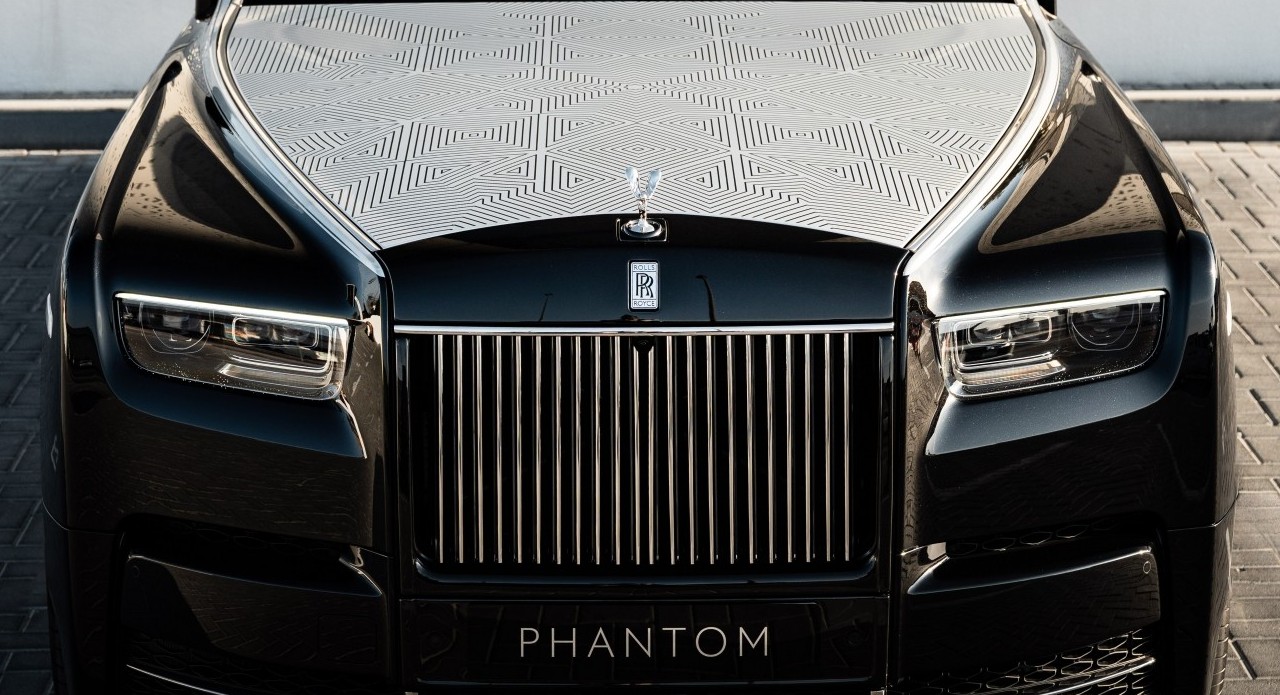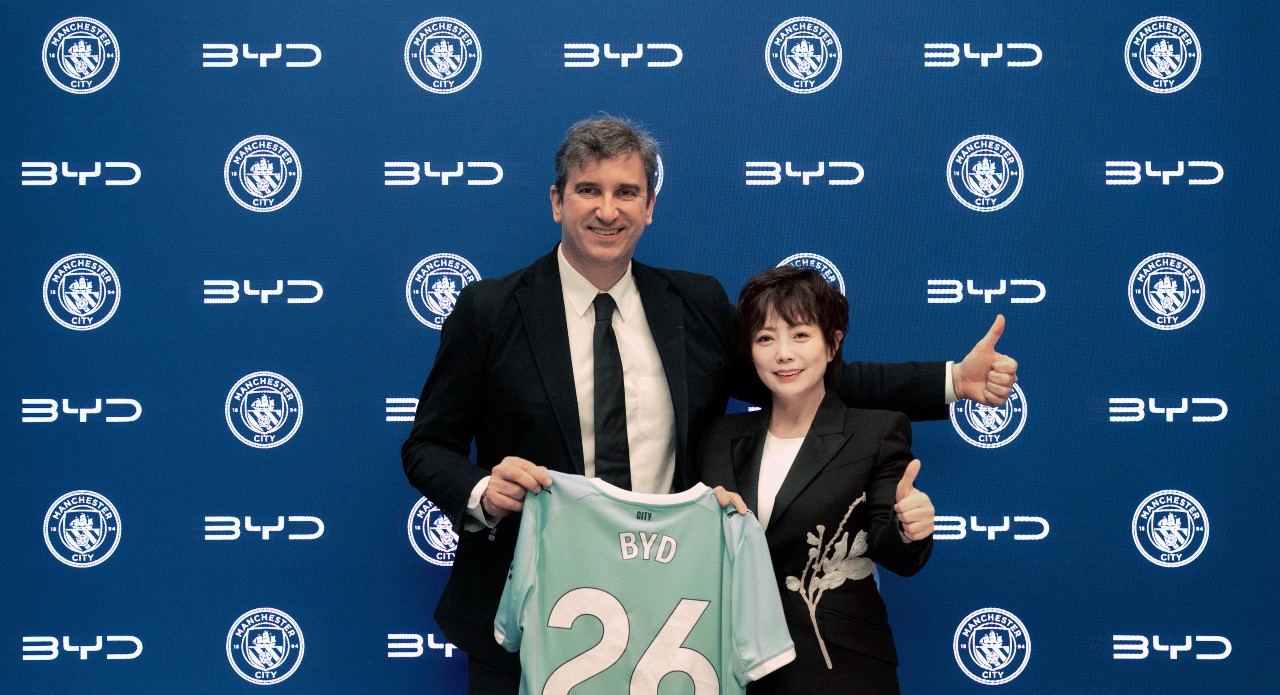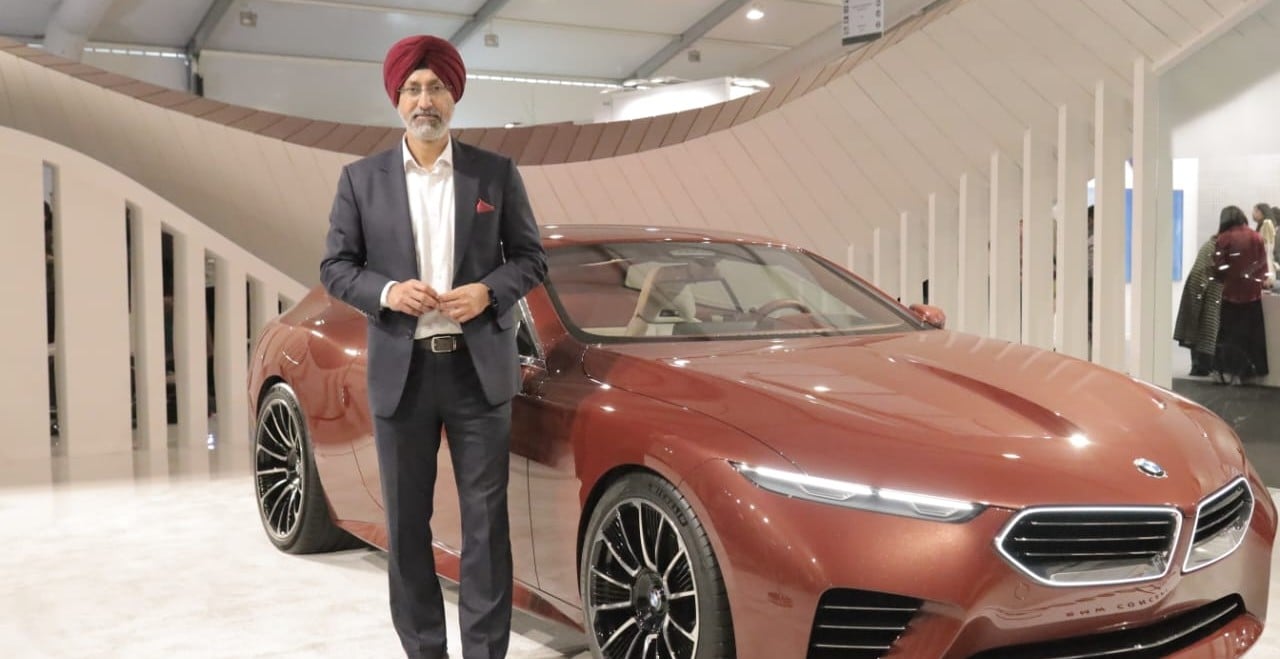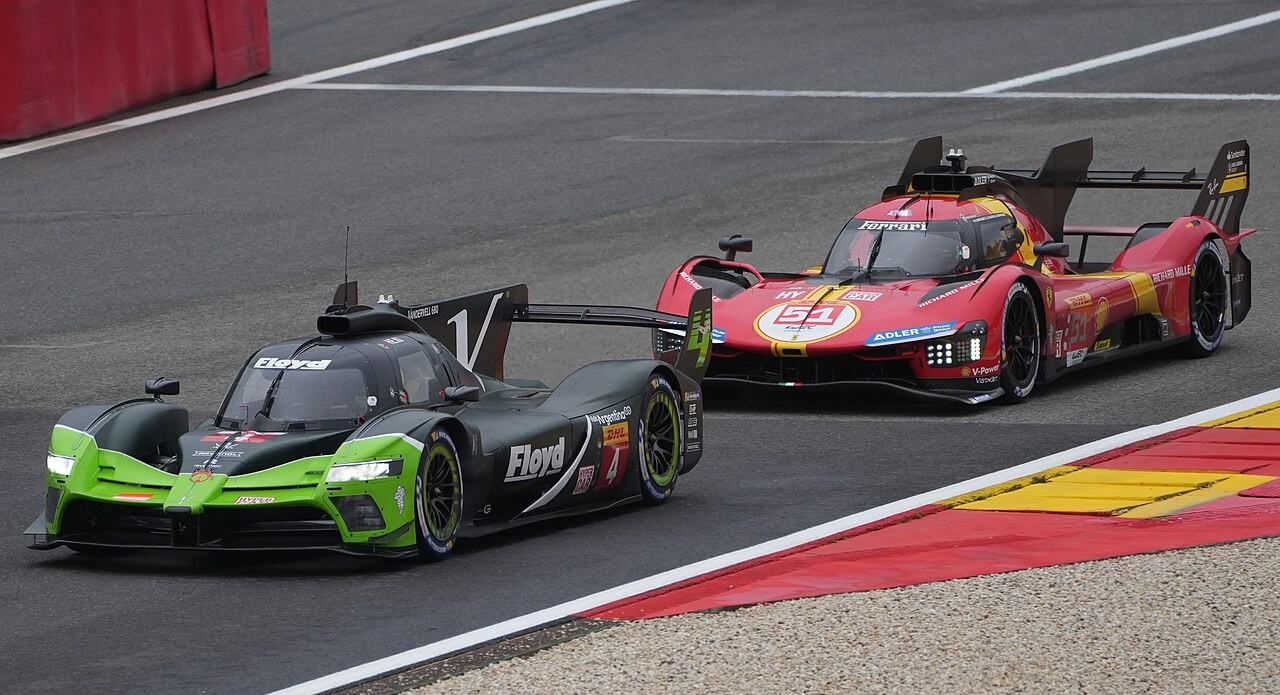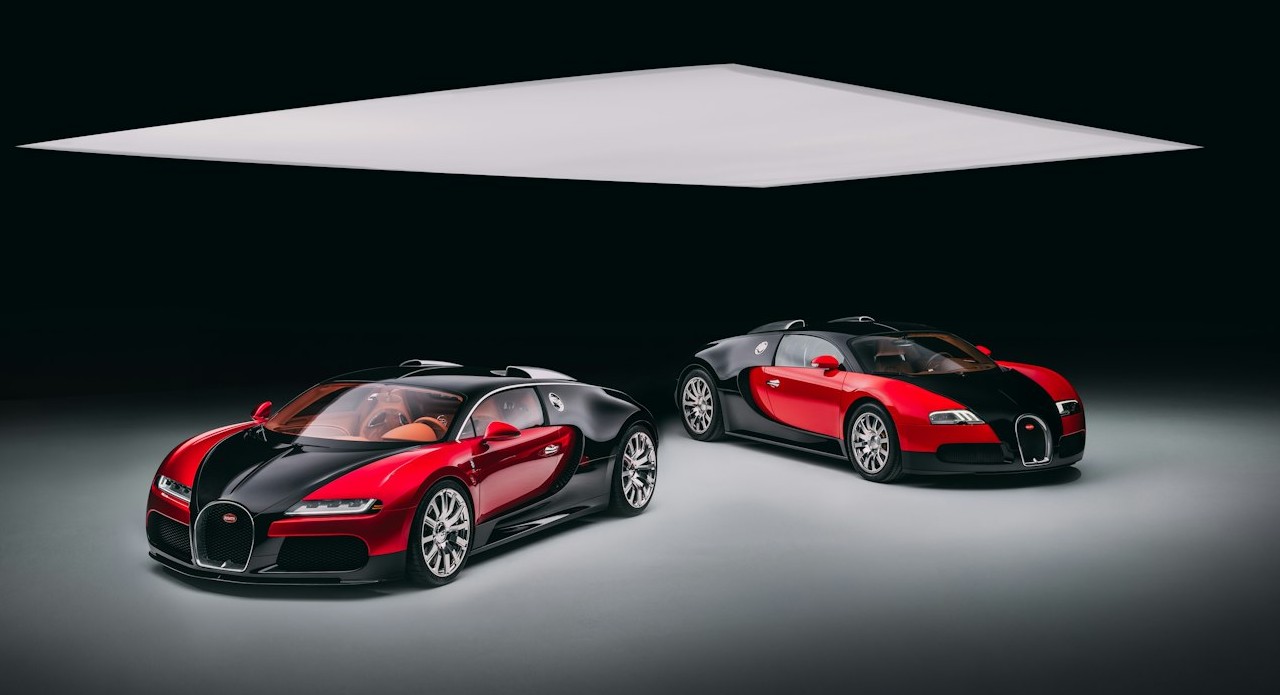In a world increasingly defined by climate change and environmental crises, the luxury automotive sector is steering toward a future where opulence meets responsibility. According to a report by McKinsey & Co, luxury vehicle brands are expected to grow by 8 to 14 per cent annually through 2031, while the mass market is stagnant. Profit margins in the luxury segment were in the double digits from 2016 to 2021, compared to low single digits in the mass market during the same period.
Brands synonymous with affluence and performance—BMW, Lexus, and Porsche—are now leading the charge in the green revolution, proving that sustainability can go hand in hand with luxury. From the heart of their engineering labs to the final stitch in their upholstery, these brands prove that high-end cars can lead the charge in eco-innovation.
Electrifying the Fast Lane

The global luxury electric vehicles market was valued at $1.8 billion in 2022 and is expected to grow at a CAGR of 17.7% from 2023 to 2030, states a report by US-based Grand View Research. The demand for emission-free, fuel-efficient, and technologically advanced vehicles, as well as increasing consumer preference for entertainment, safety, and comfort features, are driving the market growth. Additionally, the growing number of high-net-worth individuals in Asia has boosted the demand for luxury electric vehicles. Electric vehicles (EVs) have gone from niche to necessary, and luxury brands are leading this transition with flair.
Let’s take Porsche’s Taycan, which has turned heads not only for its sleek design but for its commitment to sustainability, boasting impressive range and rapid charging that challenges even Tesla’s dominance. BMW’s i series, with the iX3 and the futuristic iNEXT, shows that luxury and electric can coexist without compromise, offering a cleaner alternative for the discerning driver.

Lexus is just a little behind with its commitment to electrify its lineup by 2025, starting with the UX 300e. It’s a bold move for a brand known for its quiet luxury, signalling a broader shift towards a future where electric is standard, even in the upper echelons of automotive luxury.
Behind the Scenes: Green Manufacturing
The push towards sustainability isn’t just about the cars themselves but how they’re made. Lexus’s Kyushu plant in Japan is a marvel of eco-friendly manufacturing, setting benchmarks for energy efficiency and waste management. Meanwhile, Porsche’s Leipzig plant doubles as a conservation area, its green initiatives offering a habitat for local wildlife alongside the production of high-performance vehicles.

BMW’s plant also in Leipzig is another standout, powered entirely by renewable energy. This commitment extends beyond just energy usage to a holistic approach to water conservation and recycling, illustrating that sustainability is a core principle, not just a marketing gimmick.
Luxuriously Sustainable Materials

Inside these state-of-the-art vehicles, the luxury experience is being reimagined with sustainability in mind. Porsche’s adoption of Econyl for the Taycan’s floor mats—a material made from recycled fishnets—along with BMW who uses plastic thread derived from disused fishing nets in the floor panels in the BMW iX, the new BMW X1, and the BMW i5.
Lexus takes it a step further with bamboo steering wheels, combining traditional luxury with sustainable practices. These materials aren’t just about being green; they’re about setting a new standard for what luxury interiors can be, blending environmental consciousness with elegance.
Driving Consumer Change

The road to sustainability is also paved with efforts to engage and educate consumers about their environmental impact. Porsche’s Impact program offers a blueprint for carbon offsetting, allowing owners to take responsibility for their vehicle’s carbon footprint.
BMW’s DriveNow service reduces urban congestion by promoting car sharing and integrating electric vehicles into the fabric of city living.
Lexus engages the next generation of eco-warriors with its Eco Challenge, inspiring innovation in sustainability among young minds. These initiatives highlight a shift in how luxury automakers view their role in society, not just as manufacturers but as stewards of the planet.
Looking Ahead
As we journey into the future, it’s truly inspiring to witness the luxury car industry’s embrace of sustainability. This shift goes beyond mere acknowledgement of environmental trends; it represents a profound reimagining of luxury in our modern world. This evolution towards sustainable luxury marks a pivotal moment in automotive history. It challenges long-held beliefs about what luxury cars can be and sets a new course for the industry at large. In this race towards a greener future, it’s clear that luxury cars are not just keeping pace; they’re leading the way, proving that true luxury doesn’t compromise—it evolves.





